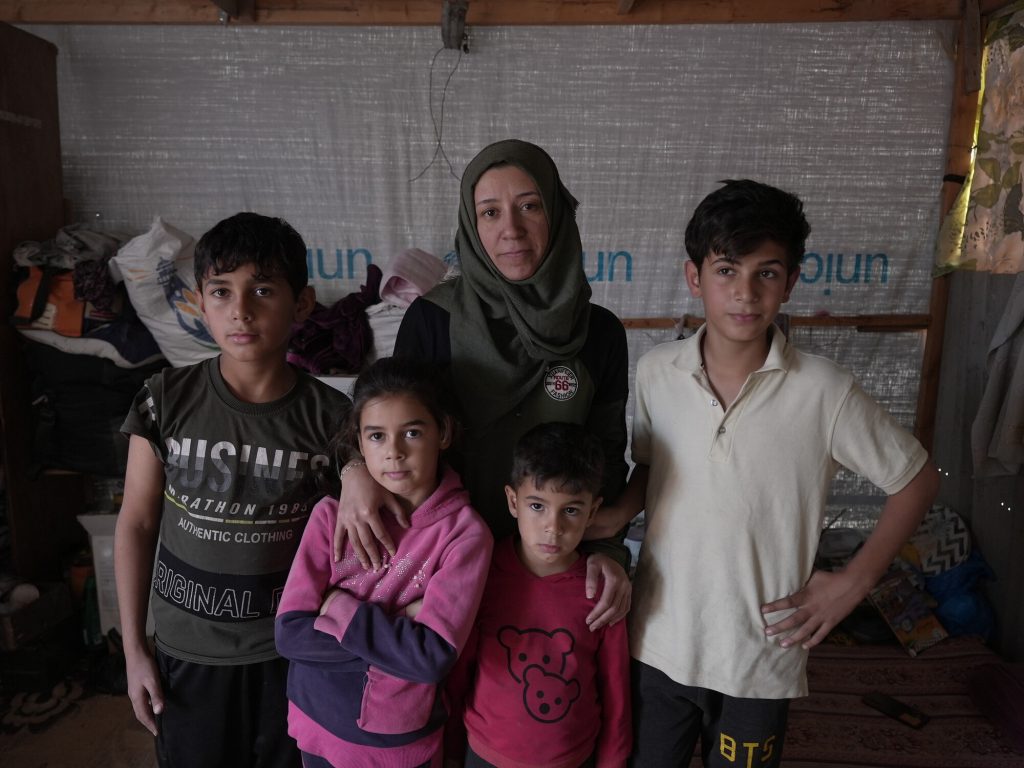When laws to end violence exist only on paper, governments fail women and girls
Written by Christine Hughes, Women’s Rights Knowledge Specialist, Oxfam Canada
Women’s movements in over 125 countries – including Canada – have successfully pushed their governments to pass laws that aim to address and prevent violence against women and girls (VAWG). In a world where 1 in 3 women have experienced physical or sexual violence, these laws are important. They send the message that VAWG is unacceptable and punishable. And women in countries with VAWG laws have longer life expectancies and a lower likelihood of experiencing violence.
It’s increasingly evident, however, that many governments are not keeping the promises enshrined in the laws they have passed. The potential of laws to help eliminate VAWG is going unrealized because implementation is failing. And governments are failing women and girls as a result.
On International Women’s Day, Oxfam launches a new report, “Legislative Wins, Broken Promises“. Based on a 7-country research project led by Oxfam Canada, the report focuses on problems with access to services and to justice that these laws are supposed to provide for women and girls who experience violence. Using case studies from Benin, Bolivia, Burkina Faso, the Dominican Republic, India, Malawi, and Nicaragua, the report takes a comparative look at the most problematic “implementation gaps” and the reasons for them. Drawing on more positive examples from Burkina Faso and the Dominican Republic, it presents lessons for how to improve implementation and how to strengthen influencing.
Laws on paper are one critical step in efforts to address violence against women and girls, but evidently we must continue in our struggle to get governments to live up to their obligations.
– Christine Hughes
The gaps revealed between the law and on-the-ground realities come as little surprise to those who work on ending VAWG and supporting survivors. Law enforcement and judicial actors are not following the processes required that would protect survivors from further harm and allow them access to justice. For instance, a senior civil servant in Benin exposed the corruptive influence of some politicians: “when there’s a rape of a child in a village, it’s the congressman who starts phoning around so that the procedures aren’t followed.” Infrastructure and services are totally inadequate to meet survivors’ needs for support, or to handle perpetrators. And survivors are often blamed, re-victimized, or dissuaded from using the law. A police officer in India stated, “There is a systemic effort to dissuade her from filing a case… We don’t want a bad ending for a marriage.”
Does any of this sound familiar? It should. Although arguably different in degree and detail, similar problems are happening in Canada, especially in relation to sexual assault and domestic violence.
A recent in-depth investigation by the Globe & Mail revealed that, on average across Canada, 1 in 5 allegations of sexual assault are dismissed by police forces as “unfounded”, which essentially means a crime was neither attempted nor occurred. However, research shows that only 2 to 8 per cent of complaints are actually false. The overriding problem here is not with survivors or their reports, but rather with how police forces handle them.
Meanwhile, a woman is killed by her intimate partner every 6 days in Canada on average. The horrific triple murders of Carol Culleton, Anastasia Kuzyk, and Nathalie Warmerdam, in Wilno, Ontario in September, 2015, reveal serious failures of a system that could have prevented this tragedy. In the previous decade, four women had filed police complaints about the perpetrator, but charges were often struck and his sentences were sometimes reduced. And 3 years prior to the murders, he served only a few months in jail for assault and uttering threats against one of the subsequent murder victims. The only protection she had upon his release was a 500-metre restraining order and a “panic button”, which proved all but useless in the rural area where she lived.
There is a great deal uniting women and girls in Canada with those from the countries included in Oxfam’s “Legislative Wins, Broken Promises” report. They live in countries with relatively strong VAWG laws, yet the problems they face in accessing justice and services reflect serious deficiencies in the implementation of laws that ostensibly promote their right to live free from violence, social norms that still condone violence and a culture of silence around it, and insufficient focus on prevention.
The report provides a telling analysis of why these laws are not being effectively put into practice. From insufficient training, to problematic social norms, to claims about lack of financial resources, to inadequate involvement of women’s rights organizations, the research revealed several starting points to address the problems, and several entry points for advocacy.
Laws on paper are one critical step in efforts to address VAWG, but evidently we must continue in our struggle to get governments to live up to their obligations. Laws can have a significant impact on reducing the prevalence of violence only if duty-bearers implement them effectively, backed up by adequate resources and political will, and in collaboration with women’s rights organizations.
Oxfam supports gender-transformative work in over 40 countries to prevent and address Violence against Women & Girls. Strategies focus on strengthening women’s rights organizations, transforming attitudes and social norms, promoting the enactment and implementation of laws and policies, and providing support for survivors.
Christine Hughes is a Women’s Rights Knowledge Specialist at Oxfam Canada, and author of the “Legislative Wins, Broken Promises” report.
Download the full report and Executive summary (in English) here.

